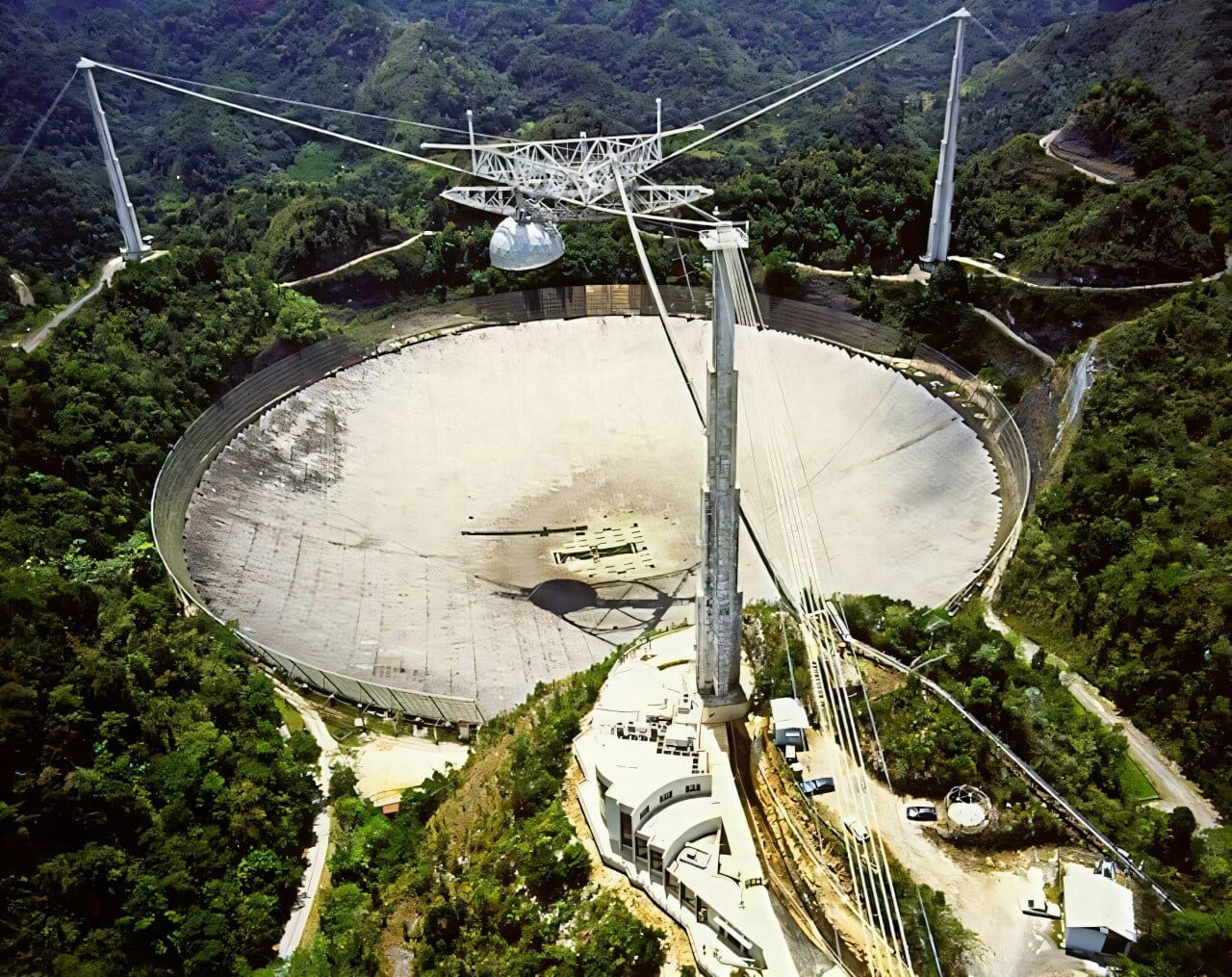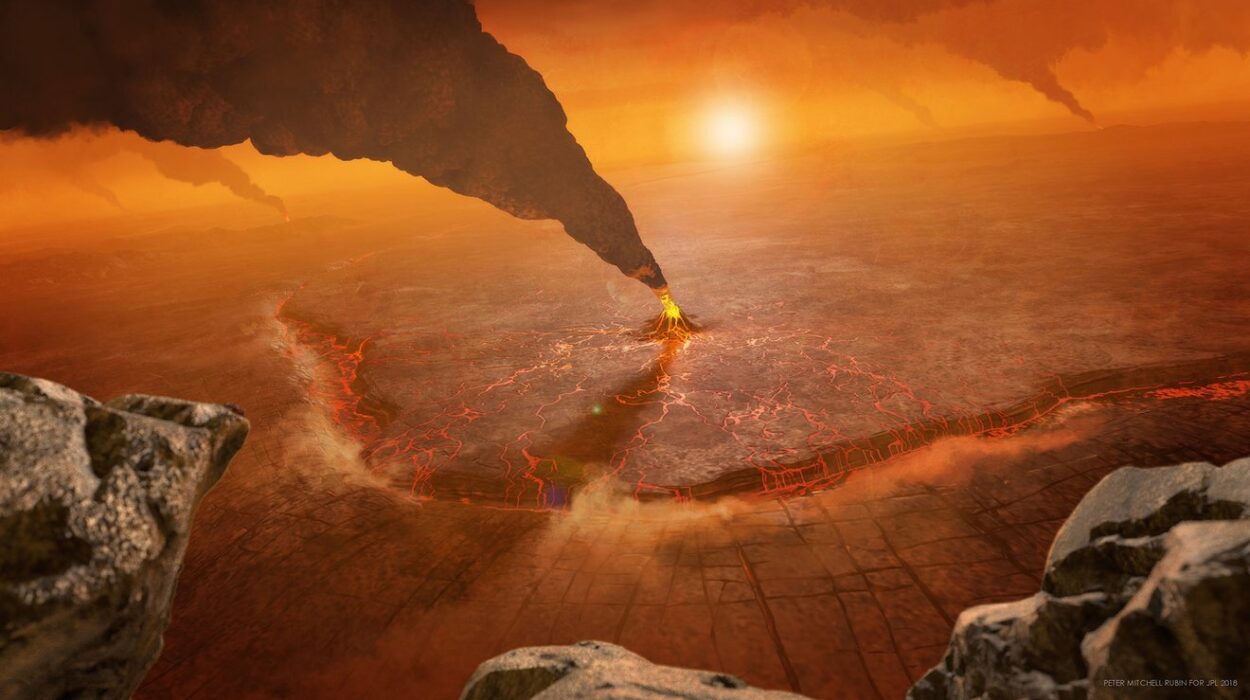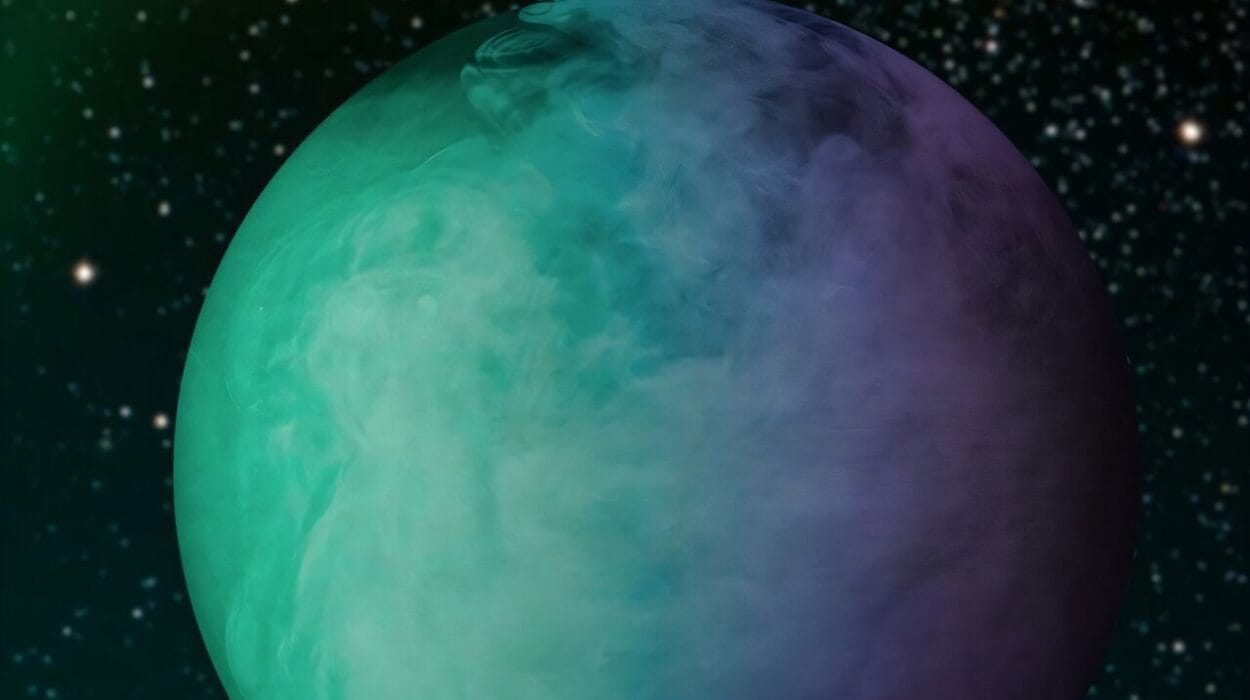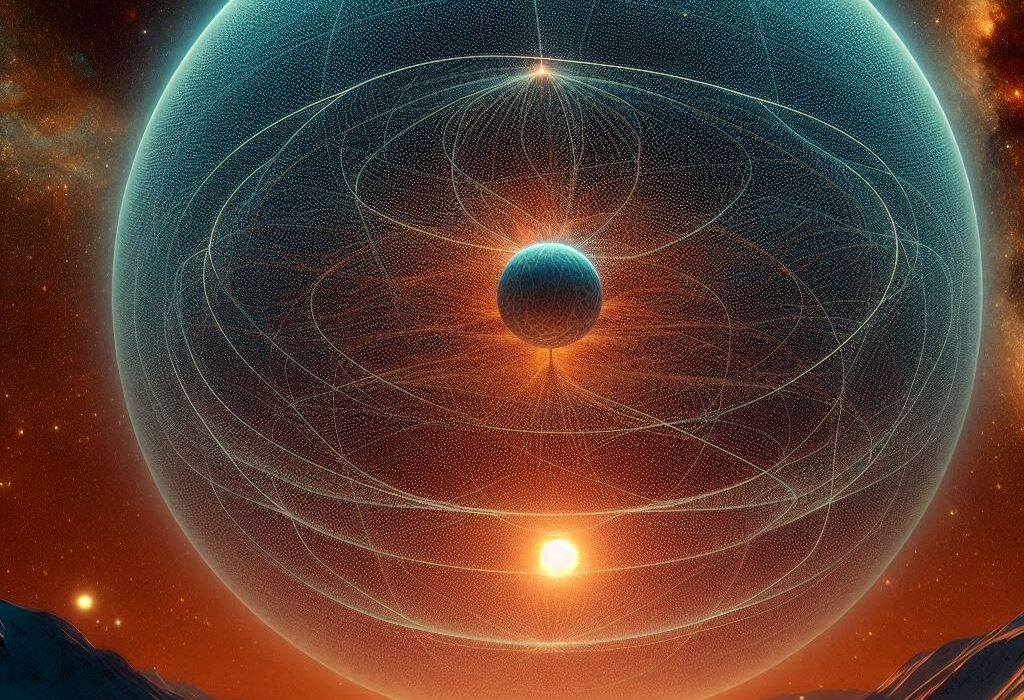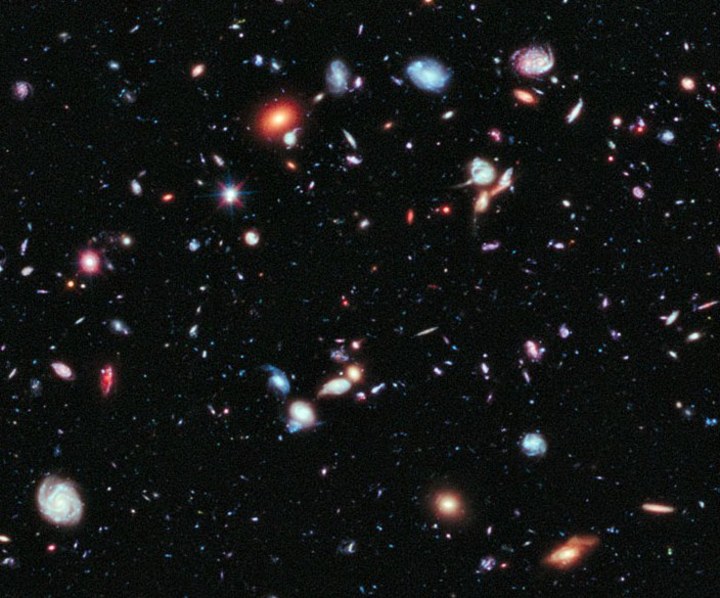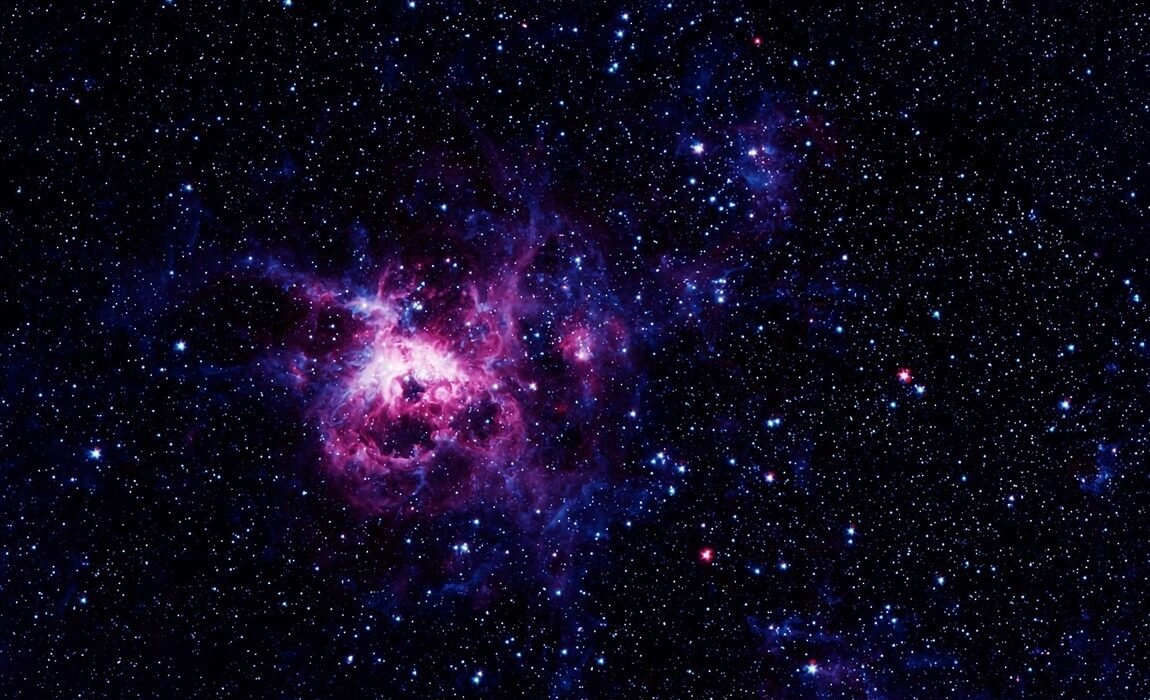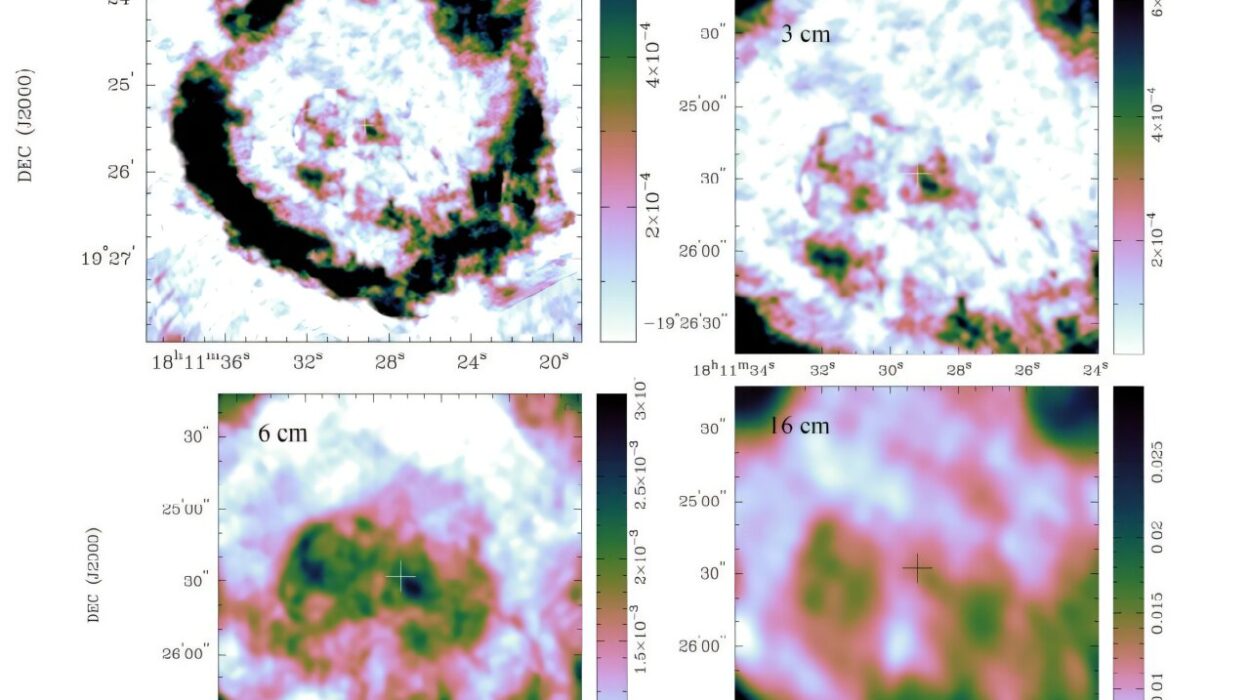Just imagine it. You’re barely awake, coffee still brewing, and your phone is already buzzing like a warning siren. Notifications flood your screen from news apps, social media, and even obscure astronomy blogs. Every headline is blaring the same thing: Humanity may not be alone.
No, it’s not another blurry UFO video or a tabloid headline about Area 51. This time, it’s real. Verified. Peer-reviewed. Telescopes around the world have picked up a signal—an unmistakably artificial pattern, a whisper in the cosmic dark that didn’t come from any Earthly source. And just like that, the universe changes.
But then what?
Discovery is Just the Beginning
This is the question haunting scientists at the SETI Post-Detection Hub at the University of St Andrews. In a recent thought-provoking research paper, 14 scholars from across the globe—including York University, the University of Cambridge, and the Astro Ecologies Institution—explore not the search itself, but the consequences. Led by Kate Genevieve, their work isn’t science fiction. It’s a serious call to prepare for a moment that could redefine human existence—and it might not be as romantic or harmonious as Hollywood would have us believe.
Their argument is simple and unsettling: We are not ready.
Old Rules in a New World
In the dusty vaults of international protocol, there are indeed guidelines on what to do if we ever find intelligent alien life. Some date back to 1989, and like floppy disks or rotary phones, they were made for a very different world. A world without social media. Without deepfakes. Without YouTube livestreams or anonymous forums capable of broadcasting panic at the speed of light.
The researchers stress that these outdated protocols could crumble under the weight of today’s internet-driven global society. A single tweet claiming an alien invasion could spark riots. A faked alien message could go viral before any official clarification. If SETI’s discovery leaks before being thoroughly verified—something entirely plausible—rumors, conspiracy theories, and political hysteria could eclipse the actual science.
And therein lies the paradox: the greatest discovery in human history may be drowned out by human noise.
Technosignatures: A Different Kind of Echo
Unlike the quiet fossil hunt for microbial life on Mars or the careful chemical sniffing of exoplanet atmospheres, technosignatures suggest something bolder. They’re the fingerprints of intelligence—radio pulses, laser emissions, or complex electromagnetic patterns created by alien technology. If such signals exist, they don’t just tell us that life is possible elsewhere; they tell us someone out there knows how to build, to transmit, to think.
And that changes everything.
Discovering intelligent life elsewhere would shake the very scaffolding of our philosophies, religions, national identities, and scientific paradigms. Suddenly, humans are no longer the smartest game in the galaxy. We’re one node in a much larger cosmic network. And that’s thrilling—or terrifying—depending on who you ask.
The Psychology of Contact
Here’s where the story takes an unexpected turn: The paper argues that the biggest challenge won’t come from the aliens. It’ll come from us.
What happens when seven billion human brains, shaped by history, culture, fear, and hope, are asked to digest the fact that we are not alone? Social media will fracture into ecstatic celebration, deep paranoia, and everything in between. Fringe groups may claim it as a religious prophecy fulfilled. Others will scream deception. Still others might panic, convinced that an invasion is imminent.
This is why the researchers call for the integration of the social sciences—anthropology, psychology, media studies—into the SETI planning process. Because the discovery will not be a neat press release. It will be a global emotional event, and we need to understand how people will respond across cultures, languages, and belief systems.
Other Minds and Unimaginable Intelligence
One of the most daring sections of the paper addresses a fundamental flaw in our approach: anthropocentrism—the assumption that alien intelligence will think, communicate, and behave like we do.
What if they don’t?
What if their mode of thought is so alien, so fundamentally other, that we can’t even recognize it as intelligence? The paper highlights the need for “Other Minds” research—models that prepare us to encounter non-human ways of knowing. Techniques from machine learning, bioacoustics, and even quantum computing may help. Understanding how whales sing across vast oceans or how birds navigate magnetically might give us a glimpse of cognition outside our neurological framework.
In other words, before we can listen for aliens, we must first learn how to hear differently.
Science Fiction as a Survival Manual
Oddly enough, fiction may hold keys to our reality. The researchers propose studying sci-fi narratives from around the world—not for fantasy, but for insight. These stories reveal how various cultures imagine first contact: with fear, reverence, curiosity, or catastrophe. They help us prepare not for the aliens, but for ourselves.
For instance, Western fiction often leans into invasion—War of the Worlds, Independence Day, The X-Files. But indigenous and non-Western narratives sometimes depict cosmic visitors as ancestors, messengers, or partners in knowledge. These varying expectations could dramatically shape how different societies react to the same signal.
By analyzing such stories, we gain a map of human psychology at the edge of the unknown.
Coordination Before Chaos
One of the starkest warnings in the paper is the lack of a functioning global coordination system for post-detection. Right now, if an alien signal were confirmed, there is no guaranteed protocol for how NASA, ESA, China’s CNSA, or private space companies like SpaceX would collaborate—or even if they would at all.
Without an established SETI Post-Detection Hub, we risk treating a cosmic event like a local news cycle. That’s like landing on the Moon without planning how to get the astronauts back. Chaos, miscommunication, and political tension could follow a discovery meant to unite us.
The researchers propose building an international framework now, long before such a discovery occurs. A system that includes not only astrophysicists but ethicists, translators, journalists, religious scholars, and crisis communicators.
Because the day after discovery isn’t about physics. It’s about people.
Signals in the Silence
No one is suggesting that aliens are on our doorstep. The researchers are careful to remind us: detection could happen next week, next century, or never. But the probability isn’t zero, and with instruments like the James Webb Space Telescope and the Vera C. Rubin Observatory scanning deeper than ever before, the odds of encountering something unusual are steadily increasing.
Already, astronomers have picked up mysterious fast radio bursts, unexplained stellar dimming, and candidate technosignatures that have turned out to be mundane—but the door is ajar. It’s not unthinkable that we’ll someday hear something no natural phenomenon can explain.
If that day comes, will we shout or whisper? Will we seek understanding or seize control? Will we celebrate together or fracture further?
Preparing for Wonder
This research isn’t about panic. It’s about preparation. And more importantly, about opportunity.
The discovery of intelligent extraterrestrial life could be the most unifying moment in human history—if we’re ready. It could inspire global collaboration, ignite scientific revolutions, and finally eclipse the petty divisions that have haunted our species for centuries. But that outcome isn’t guaranteed.
Without planning, the moment of first contact could spiral into noise, misinformation, and geopolitical instability. With planning, it could become the dawn of a new era.
Kate Genevieve and her colleagues are not fortune-tellers. They are scholars with their eyes on the horizon, reminding us that even if we don’t know what’s out there, we do know this: the discovery, when it comes, will say as much about us as it does about the stars.
Reference: Kate Genevieve et al, SETI Post-Detection Futures: Directions for Technosignature Research and Readiness, arXiv (2025). DOI: 10.48550/arxiv.2507.11587
